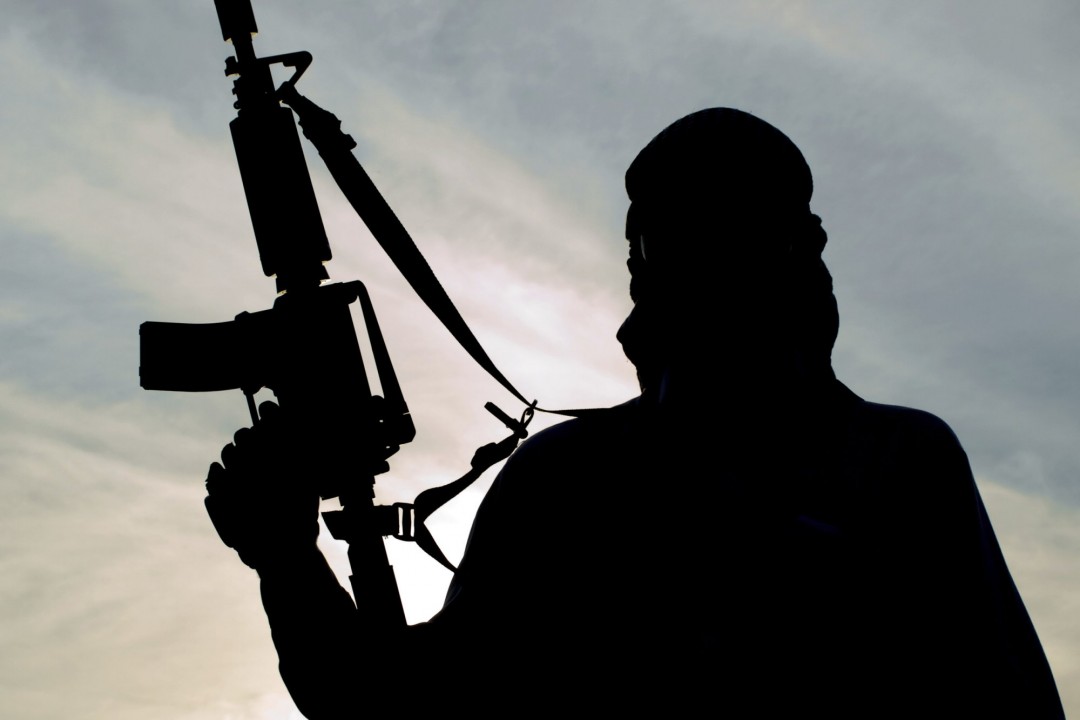By Izzud deen Redzuan
GOMBAK, 17 April 2015: Global and regional political, and social developments have created tension affecting the relationship between the western, European and Islamic society strongly. Throughout the world, people are witnessing unsettling changes. Non-Muslims and Muslims alike become the victims of terror and violence by people who are pretending to act “in the name of Islam.
Misunderstanding, prejudice and stereotyping seemed to grow on both sides even though the information system and a means of communication is now highly sophisticated and modernised.
In the era of communication, media continue to shape public opinion. The media is used as the most important weapon to propagate ideas and perceptions on certain society and religion to reach a large audience.
Nowadays, numerous media campaigns are going on against Islam and Muslims. Most western media with censorable financial resources and multiple channels are seen as showing a rough picture of Islam to their publics. A study was carried out on the reporting of the subject by Reuters.
What is Reuters? Reuters is one of the leading and influential newswire services in the world which provides news and development in most countries globally. It was founded in 1851 by Paul Julius Reuters and since 2008, the company has changed the name to Thomson Reuters.
Why Reuters? Before the London bombing in 2005, Reuters rarely used the word ˜terrorist/terrorism in their reporting unless it was quoted from reliable sources and authority that gave the statement. After the 11 September 2001 incident, the word ˜terrorist has been frequently used in their news reporting to portray Muslims and Islam without quoting from authoritative sources.
Therefore, this research is sought to examine the negative terms used by Reuters to relate to Islam and Muslims.
It is too easy to ˜blame the media for the negative image of Muslims and Islam. Social forces as well as text discourses have played an important role in contributing to dominant images and stereotypes of our society constructs of Muslims and Islam. As human beings, people possess the ability to create different meanings and representations of Muslims and Islam, including journalists.
Their understanding of Muslims and Islam was clearly influenced by their background, education, and wider social and cultural environment, and how well they perceive a particular event happening.
In addition to this, the newspaper editorial practices and writing styles have also significantly shape the type of language used and images that have been published that will form portrayals of Muslims and Islam.
The research is based on 30 days of observation of Reuters reports, where a total of 510 news articles have been successfully collected. On the average, Reuters has produced 17 news articles on Muslims and Islam per day.
The finding shows that, there are more negative reports rather than positive ones ( 90% versus 10%). Negative reports means there is a lack of understanding of Islam and its diversity, as well as primarily referring to social conflicts and Islamic militancy. Negative stories portrayed the Muslims and Islam as closely associated with violence. The negative reports do not only mean negative reporting but also the language used and the construction of the story as well.
Of 510 news reports, Islamist militants keyword has been used at 63% of the publication by journalists, and 45% on terrorism acts in Middle East then followed by Mujahideen/Jihadist at 20%. (The calculation is based on the frequencies of keywords appeared)
The interesting part is, this conclusion has appeared in more than 40 publications, that is:
œIslamic state, which rules a self-declared caliphate, promotes a fiercely purist interpretation of Sunni Islam which draws it from early Islamic History. It rejects religious shrines of any sort (Shiite Muslim & Christianity) and killed hundreds of thousand opponents to impose their radical variation of Sunni laws.
In 2014, there are about 1.62 billion Muslims of all ages living in the world, and it is estimated over 85% are Sunni. Are we acting violence as they reported? Are we living in radical life as they believed? Do we all like to kill people?
Because there were acts of terrorism committed, it should not subject the entire people, society or nation. It must be noted that the acts of terrorism by extremists cannot be blamed upon a population of 1.62 billion Muslims dispersed around the world.
Despite all these, the Muslim society has worked tremendously to convey the right teaching of Islam through various media. However, in comparison to the global dominance of western media, their efforts somewhat fell in vain and invisible.
In order to improve the image of Islam in the west it requires a strong and persistent effort by Muslims themselves, both in the Islamic world and in Muslim communities in the west, to correct the misconception.***
*This paper titled ‘The portrayal of Muslims and Islam in Reuters’ is based on the research done by Muhammad Izzud deen Redzuan which won the ‘Best Researcher Undergraduate’ prize at the product show case seminar organised by the Department of Communication in conjunction with Communication and Media Week, 14 to 17 April 2015.
Photo of The Daily Beast
